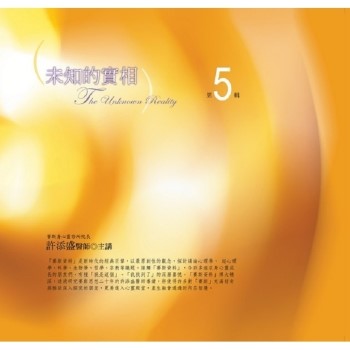Galileo. Newton. Darwin. These giants are remembered for their great contributions to one of the most important phenomena in world history: science. But what is often forgotten is the profound influence on their lives and works of that other great phenomenon of Western Culture: Christianity. This book, the first volume in the Greenwood Guides to Science and Religion, explores the many ways in which religion--its ideas, attitudes, practices, and institutions--interacted with science from the beginnings of the Scientific Revolution to the end of the 19th century. Infused with the most up-to-date scholarship, the volume is aimed at the nonspecialist audience, explaining in clear language how inextricably linked science and religion have been during most of the last 500 years.
While discussing how science and religion occasionally clashed, this volume also explores the positive interactions these two institutions have experienced during this seminal period in Western history. The Christian Humanism of the 16th century promoted the new, utilitarian approach to natural knowledge that distinguishes Modern from Medieval science. The Jesuits were instrumental in the development of the experimental and mathematical sciences during the Scientific Revolution. In the 17th century, the English Puritans advocated alchemical science and their opponents, liberal Anglicans, promoted a new, mechanistic approach to the sciences. The geological advances of the 19th century were often religiously motivated; the discoveries of biblical criticism of the same period were inspired by the science of the day. This volume includes a selection of primary source documents to help readers understand the arguments and beliefs of the people of the time, and an annotated bibliography to assist readers in finding further information on the topics.| FindBook |
有 1 項符合
Science And Religion, 1450-1900: From Copernicus To Darwin的圖書 |
 |
Science And Religion, 1450-1900: From Copernicus To Darwin 作者:Olson 出版社:Greenwood 出版日期:2004-10-30 語言:英文 規格:精裝 / 292頁 / 24.4 x 15.5 x 2.8 cm / 普通級 |
| 圖書館借閱 |
| 國家圖書館 | 全國圖書書目資訊網 | 國立公共資訊圖書館 | 電子書服務平台 | MetaCat 跨館整合查詢 |
| 臺北市立圖書館 | 新北市立圖書館 | 基隆市公共圖書館 | 桃園市立圖書館 | 新竹縣公共圖書館 |
| 苗栗縣立圖書館 | 臺中市立圖書館 | 彰化縣公共圖書館 | 南投縣文化局 | 雲林縣公共圖書館 |
| 嘉義縣圖書館 | 臺南市立圖書館 | 高雄市立圖書館 | 屏東縣公共圖書館 | 宜蘭縣公共圖書館 |
| 花蓮縣文化局 | 臺東縣文化處 |
|
|
圖書介紹 - 資料來源:博客來 評分:
圖書名稱:Science And Religion, 1450-1900: From Copernicus To Darwin
內容簡介
作者簡介
RICHARD G. OLSON is Professor of History and Willard W. Keith Fellow in the Humanities at Harvey Mudd College. His work has focused on the interrelationships between the natural sciences and other cultural domains, including moral philosophy, the social sciences, political ideology, and religion. His publications include Science Deified and Science Defied (vol. 1, 1982, vol. 2, 1990) and The Emergence of the Social Sciences, 1642-1792 (1993).
|











